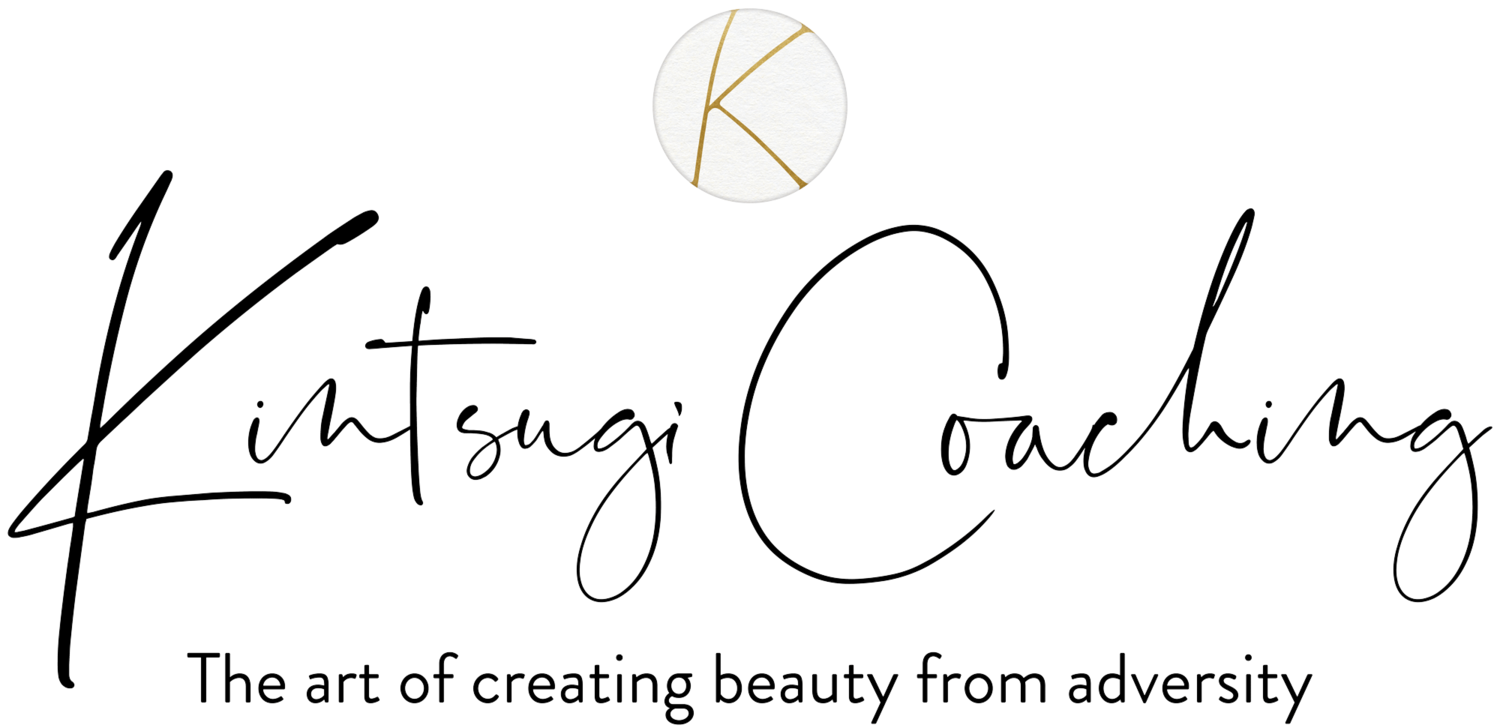Middle Age Is For The Birds (And that's a good thing)
One of the more interesting phenomena of middle age is the recognition of just how very stupid and arrogant you have been up to wherever you find yourself near the halfway point.
Let’s be honest: in your teens, you are simply an ass. In your twenties, you think yourself invincible. In your thirties, you still entertain the idea that it will be “like this” for decades to come. Then finally, in your forties, you began to get a glimpse over the hill that you didn’t realize you were climbing, and a dawning awareness begins to arise. Until 45 or so, however, most of us feel like we really have our stuff together, that we’re brilliant and special and unlike those other sad people, we are never going to have flappy upper arms or wear stupid-looking pajamas or talk about our tendonitis. We are not going to eat dinner at five and be in bed by 8:30. Not us.
My late forties has been a wonderful and humbling experience. I now know, for example, why my parents wanted to sit down at 5 o’clock and have a drink. I understand this in a way I never did before because I am there. Judgment is being supplanted by understanding, even empathy. This parenting business is an obvious one for discovering one’s youthful arrogance, but other more subtle situations illuminate my former hubris.
For example, I used to think that a fondness for birds and birdwatching was sort of sad, something lonely people did in lieu of having real pets and real relationships. But lately, I sit on my front porch in the pre-dawn darkness in my stupid-looking pajamas, wrapped in a blanket with my mug of tea listening to the dawn songs of the mourning doves, robins, wild turkeys and owls, and I realize now how very important they are. The birds remind me of the perfection of being. Unlike human beings, they don’t try. They are not out to impress, not encumbered by fear and judgment and doubt. They just are themselves, and they are miraculous. How is it possible that from a hard little beak such an effluence of trills and music can pour forth? I listen, smiling and silently apologizing for my former arrogance and I take my cue from my feathered teachers. Be bold. Be yourself. Sing your song without thought of self.
It’s good to wake up but it’s a real blow to the ego. It’s rough on rats, as my mother liked to say. Carl Jung famously said that every defeat for the ego is a victory for the Self; as ego shrinks, our real self—the part of us that is divine and eternal and connected to the All-That-Is—grows. This is a good thing, but the process is no picnic. In order to get to that higher Self the ego has to take a few in the keester. You have to get rid of all the junk you’ve piled around yourself in order to feel safe and smart. You have to be humbled, and aging is nothing if not humbling.
Ironically, it is this ego defeat that opens us to our real power. It’s incredibly freeing. Not having to appear smart, you can become wise. Being comfortable saying “I don’t know” is tremendously liberating; it opens you up to the fullness of life’s potential, removing the limitations we unwittingly placed on ourselves in our youth: I don’t know, and I don’t have to know. I can be interested. I can be open. I can appreciate. I can see what unfolds. I don’t know it all and I never did and I never will.
Bliss.
As my birthday approaches this month (52, thank you), I’m excruciatingly aware of my tendonitis and my old sweats, but I am also conscious of the fact that despite these things the birds still sing sweetly and their song lifts my heart and reminds me of my spirit. I’m a little less full of ego concerns and more concerned with what I am sharing with my children and with the world. The great thing about reaching the summit is the view. I think I’ll sit and enjoy it awhile, and listen to the birds.
may my heart always be open to little
birds who are the secrets of living
whatever they sing is better than to know
and if men should not hear them men are old
~ e.e. cummings

